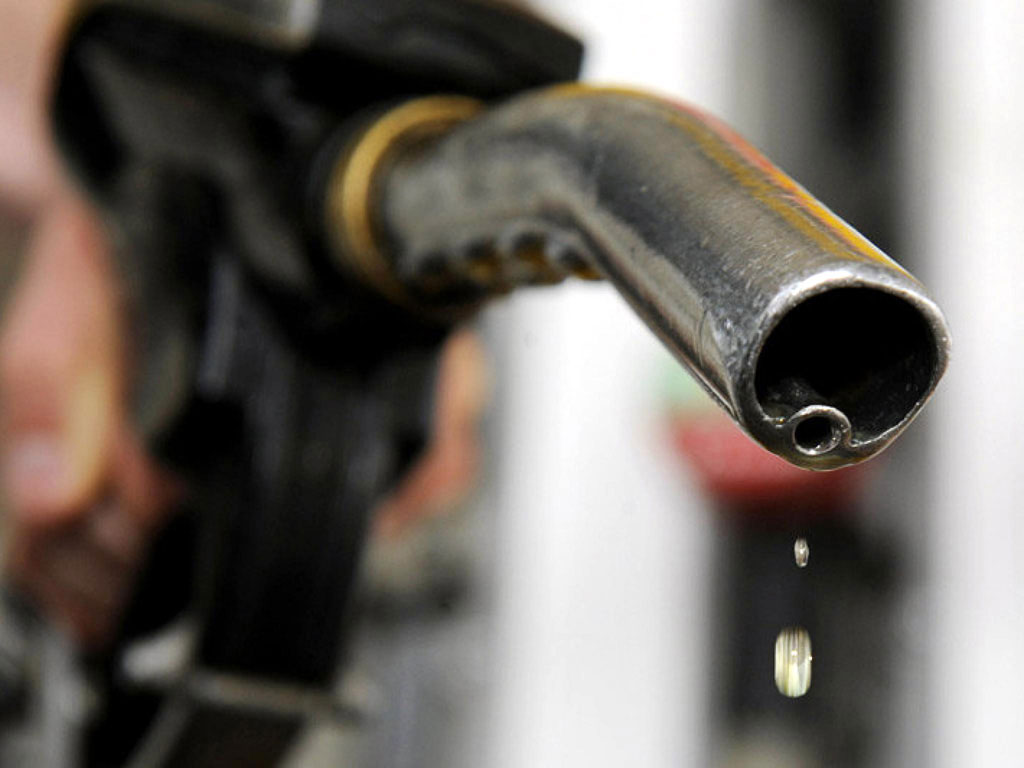Revenue shortfall and POL products' prices

The Federal Board of Revenue (FBR) has released data that reflects a 111 billion rupees shortfall from the budgeted revenue target for the first quarter (July-September). The Chairman FBR, Shabbar Zaidi, highlighted the 25 percent rise in revenue against the comparable period of the year before and cited the contraction in imports, a major revenue source, as the reasons behind the shortfall. However, it must be acknowledged that the Khan administration's economic team led by Hafeez Sheikh, Adviser to the Prime Minister on Finance and Governor State Bank of Pakistan Reza Baqir, not only agreed to the International Monetary Fund's (IMF's) prior and during programme conditions that were designed to reduce imports (with the exchange rate undervalued by 7 percent in August) but also agreed to an unrealistic revenue target of 5.5 trillion rupees which was further compromised as the base data for 2018-19 presented to the Fund during negotiations in May (a month and a half prior to the end of the year) was revealed to be at considerable variance from what was actually realised (data released in August 2019). Thus the goalpost changed dramatically making the likelihood of the FBR meeting its target even more unrealistic than was at first envisaged.
Additionally, the economic team agreed to a 2.4 percent growth rate with the IMF, a rate determined by the rise in the discount rate to 13.25 percent that is choking off large-scale manufacturing sector which, in turn, is likely to further fuel the shortfall in months to come. Thus what must be a source of concern to the economic team is that if the government stays the course agreed with the IMF then the revenue shortfall would compound with time while any attempt to present a mini-budget would simply exacerbate the shortfall and further stifle growth.
The question is how does our experienced economic team envisage making up the shortfall? Hafeez Sheikh has already stated a number of times that the government intends to raise revenue through non-tax means including privatisation of the two RLNG power plants, estimated sell-off price of 300 billion rupees, another 200 billion rupees from the sell-off of cellular licences (instead of the budgeted 52 billion rupees) and State Bank of Pakistan profit 300 billion rupees (which is 100 billion rupees less than budgeted). Thus total revenue generation envisaged from these sources is 550 billion rupees given that he has reduced the SBP profit amount and raised the cellular licence revenue by 150 billion rupees compared to the budget. If the current shortfall of 111 billion rupees is projected for the entire year then total shortfall may be estimated at 444 billion rupees; however, indicators are that the shortfall would be well in excess of a trillion rupees which implies that the government would seek other means to generate revenue if it is to stay the course of the IMF programme.
The government has already taken one measure that was routinely relied on by previous administrations, including during Hafeez Sheikh's previous tenure as the finance minister between 2010 and 2013. Raise the tax on petroleum products, an easy and quick way to collect tax. Thus for the current month while Oil and Gas Regulatory Authority (Ogra) recommended a reduction in the price of HSD by 3.23 per litre, petrol by 2.55 rupees per litre, and light diesel by 2.41 rupees per litre, Hafeez Sheikh raised petroleum levy on HSD from 8 rupees to 20.76 rupees per litre, on petrol from 10 rupees to 17.18 rupees per litre and on LSD to 5.06 rupees (an increase of 3 rupees per litre) while keeping the across-the-board 17 percent standard sales tax on petroleum products constant.
To conclude, this very much in the box solution would have a major inflationary impact on transport costs associated with perishable items as well as for the poor and vulnerable. One would hope that the Prime Minister takes cognizance of the fact that in the box rather than out of the box policies continue to prevail.





















Comments
Comments are closed.